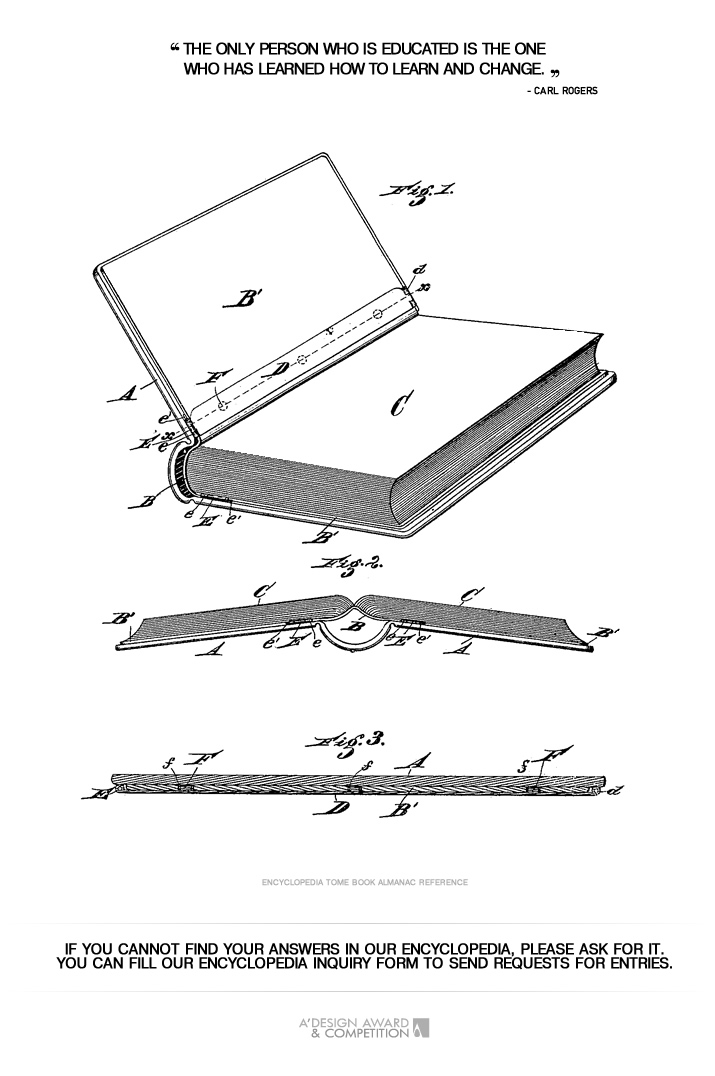
| THE AWARD |
| CATEGORIES |
| REGISTRATION |
| SUBMIT YOUR WORK |
| ENTRY INSTRUCTIONS |
| TERMS & CONDITIONS |
| PUBLICATIONS |
| DATES & FEES |
| METHODOLOGY |
| CONTACT |
| WINNERS |
| PRESS ROOM |
| GET INVOLVED |
| DESIGN PRIZE |
| DESIGN STORE |
| THE AWARD | JURY | CATEGORIES | REGISTRATION | PRESS | WINNERS | PUBLICATIONS | ENTRY INSTRUCTIONS |
Human Own - Entry #476721 |
Home > Design Encyclopedia > 476721 |
 Human Own
Human Own
Human Own is a design philosophy and methodology that emphasizes the creation of products, spaces, and experiences that inherently feel natural and personally connected to individual users, fostering a deep sense of personal attachment and ownership. This approach emerged as a response to mass production and standardization, seeking to restore the intimate relationship between humans and their possessions that was characteristic of pre-industrial craftsmanship. The concept encompasses both physical and psychological dimensions of ownership, where design elements are carefully considered to create an immediate and lasting bond between user and object. At its core, Human Own principles prioritize customization, adaptability, and emotional durability, ensuring that designed items can evolve with their users over time and become more personally meaningful through use. The methodology incorporates tactile feedback, intuitive interfaces, and personalization features that respond to individual patterns of use, creating what design theorists refer to as a living relationship between object and owner. This design approach has gained significant recognition in contemporary practice, particularly as sustainability concerns have highlighted the importance of creating lasting emotional connections to reduce consumption and waste. The concept has been particularly influential in industrial design, interior architecture, and digital interface design, where successful implementation often results in products that users are more likely to maintain, repair, and keep for extended periods. The A' Design Award competition has recognized numerous projects that exemplify these principles, particularly in categories focused on user-centered design and emotional sustainability, highlighting the growing importance of Human Own methodologies in contemporary design practice.
Author: Lucas Reed
Keywords: ownership psychology interaction personalization sustainability emotional-design user-experience adaptability
 About the Design+Encyclopedia
About the Design+EncyclopediaThe Design+Encyclopedia is a crowd-sourced reference of information on design. Unlike other crowd-sourced publications on design, the Design Encyclopedia is edited and actively monitored and publishing is only possible after review of submitted texts. Furthermore, editors of the Design Encyclopedia are mostly consisting of award winning designers who have proven their expertise in their design respective fields. Information posted at design encyclopedia is copyrighted, you are not granted a right to use the text for any commercial reasons, attribution is required. If you wish to contribute to the design encyclopedia, please first register or login to A' Design Award and then start a new design encyclopedia entry.

If you did not find your answer, please feel free to check the design encyclopedia for more entries. Alternatively, you can register and type your own definition. Learn more about A' Design Award's Design+Encyclopedia.

